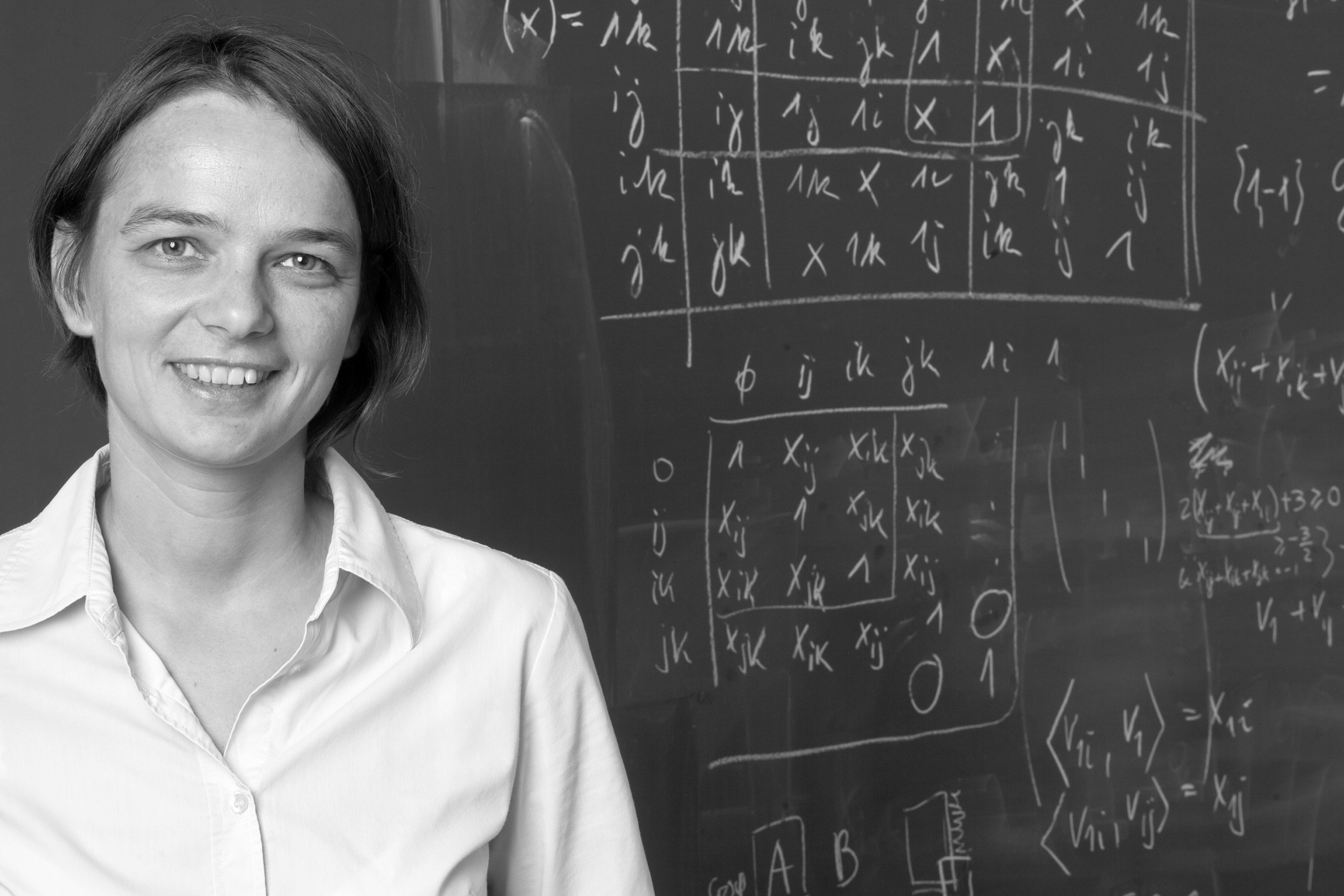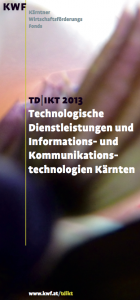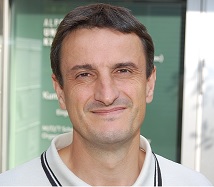Der Rückblick zum TEWI-Kolloquium und Antrittsvorlesung von Prof. Dr. Martin Pinzger am 24.04.2013 beinhaltet die Videoaufzeichnung sowie die Folien:
Video
[iframe height=“350″ src=“http://video.aau.at/video.php?video=rv_pinzger.mp4″]
Slides
[iframe src=“http://www.slideshare.net/slideshow/embed_code/22430443″ height=“400″ width=“476″ frameborder=“0″ marginwidth=“0″ marginheight=“0″ scrolling=“no“]
Abstract: Software is omnipresent. It is key to successful businesses and has become key to our social activities. As many systems, also software systems need to change in order to stay successful on the market. However, these changes cause software systems to become larger in size and more complex as described by Lehman’s Laws of Software Evolution. As a consequence, more resources are needed to maintain, or in general, evolve a software system. Evolving software systems is therefore mastering change and system complexity. The goal of my research and teaching is to provide software engineers with means to master this challenge.
In this inauguration lecture, I outline several challenges of evolving software systems and present the ideas and findings from my recent research to address them. In particular, I show how we can use the history of software projects to identify critical parts of a software system and how we can use visualization techniques to help software engineers to understand the implementation of large, complex software systems including large spreadsheets.
CV: Martin Pinzger is Professor of Software Engineering and head of the Software Engineering Research Group at the University of Klagenfurt. His research interests cover various topics in designing and evolving software systems. He holds a PhD in Computer Science from the Vienna University of Technology, worked as a Senior Research Associate at the University of Zurich, and as an Assistant Professor at the Delft University of Technology. He is a recipient of the prestigious Dutch NWO Vidi grant and co-founder of the TU Delft start-up Infotron.

 Abstract: Through three prominent combinatorial optimization problems (graph coloring, maximum cut, ordering) we will explain modelling techniques using semidefinite programming (as opposed to linear programming). We will derive relaxations that yield tight bounds and give rise to heuristics to obtain high-quality feasible solutions. We demonstrate how to combine these ingredients within a branch-and-bound framework, thus obtaining an exact solution method.
Abstract: Through three prominent combinatorial optimization problems (graph coloring, maximum cut, ordering) we will explain modelling techniques using semidefinite programming (as opposed to linear programming). We will derive relaxations that yield tight bounds and give rise to heuristics to obtain high-quality feasible solutions. We demonstrate how to combine these ingredients within a branch-and-bound framework, thus obtaining an exact solution method.

 Abstract: Many daily activities we want to finish as fast and smoothly as possible. The same applies when we use our computing devices. Examples range from low-level actions, such as selecting the “Print” item from the “File” menu or clicking on desktop icons, to higher level activities and more complex tasks, such as finding the favorite holiday photo in the personal collection, or to use a smartphone to navigate a city map or to browse a long list of products before deciding on a purchase. Throughout the years, the desire for interaction efficiency has motivated the Human-Computer Interaction research community to seek and explore new interaction mechanisms and user interface techniques that improve on the state of the art. In this talk I will present a handful of past projects in which we have applied the experimental method to arrive at insights regarding novel user interface design solutions.
Abstract: Many daily activities we want to finish as fast and smoothly as possible. The same applies when we use our computing devices. Examples range from low-level actions, such as selecting the “Print” item from the “File” menu or clicking on desktop icons, to higher level activities and more complex tasks, such as finding the favorite holiday photo in the personal collection, or to use a smartphone to navigate a city map or to browse a long list of products before deciding on a purchase. Throughout the years, the desire for interaction efficiency has motivated the Human-Computer Interaction research community to seek and explore new interaction mechanisms and user interface techniques that improve on the state of the art. In this talk I will present a handful of past projects in which we have applied the experimental method to arrive at insights regarding novel user interface design solutions.
 Abstract: Software is omnipresent. It is key to successful businesses and has become key to our social activities. As many systems, also software systems need to change in order to stay successful on the market. However, these changes cause software systems to become larger in size and more complex as described by Lehman’s Laws of Software Evolution. As a consequence, more resources are needed to maintain, or in general, evolve a software system. Evolving software systems is therefore mastering change and system complexity. The goal of my research and teaching is to provide software engineers with means to master this challenge.
Abstract: Software is omnipresent. It is key to successful businesses and has become key to our social activities. As many systems, also software systems need to change in order to stay successful on the market. However, these changes cause software systems to become larger in size and more complex as described by Lehman’s Laws of Software Evolution. As a consequence, more resources are needed to maintain, or in general, evolve a software system. Evolving software systems is therefore mastering change and system complexity. The goal of my research and teaching is to provide software engineers with means to master this challenge.